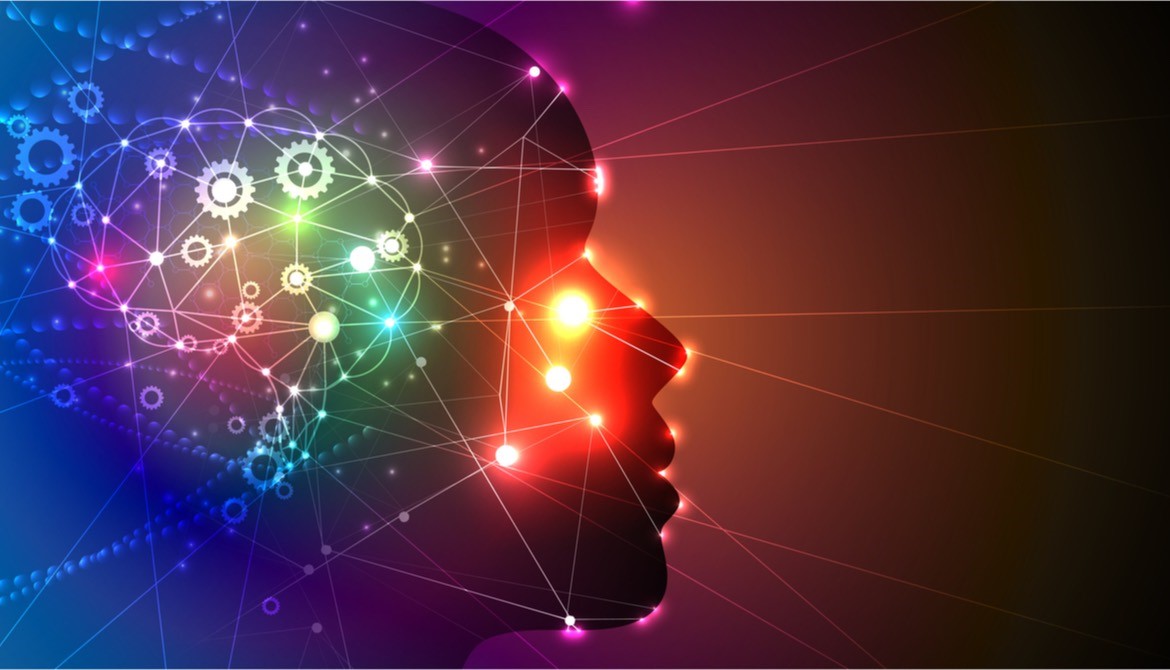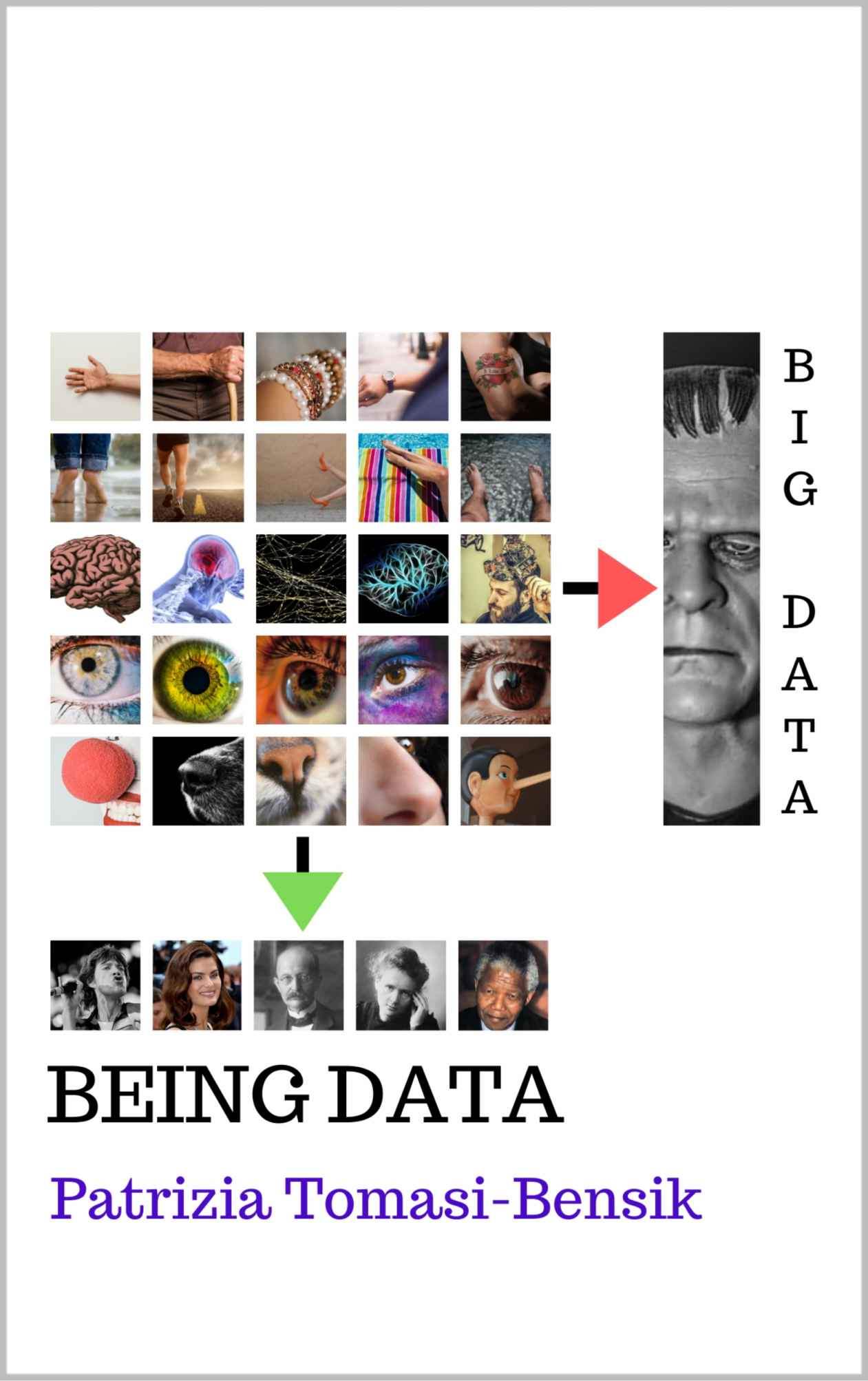Planck E PressCenter Articles
The Importance of Knowledge
Date published: 2023-01-25
Date modified: 2023-01-25
Reading time: 00:01:52

“Knowing what we know and distinguishing from what we don't know.
Therein lies the knowledge.”
Confucius
What kind of natural phenomenon would have occurred to allow the coexistence of Planck, Heisenberg, Marie e Pierre Curie, de Broglie, Feynman, Schrödinger, Oppenheimer, Bohr, Einstein, Rutherford, Dirac, Born, Jordan, Hahn? All brilliant, all absolutely committed to their work, almost all (except for Einstein with his famous "The Old Man Doesn't Play Dice") willing to give up their classical knowledge and interpretations of physics/chemistry/mathematics in favor of building a new paradigm.
If we cannot clearly answer the above question, we can at least establish common characteristics. They were all modest (except Einstein!!!), and they were all cultured. Those who dedicated themselves to quantum mechanics discussed philosophical aspects of the then-recent discoveries for hours, without any of them –at any moment- imposing their opinion as "the" correct.
When we consider that at that time - even more than today - the Cartesian approach to physics as an exact science was reigning, it is necessary to revere the simplicity with which these geniuses acknowledged both intuition and spatial vision as the best instruments they had to support their ideas and discussions. And how painful were such discussions; a tantalizing urge to understand the ever-bewildering behavior of the subatomic universe.
It was up to Planck to break the first paradigm. But, without a doubt, it was Einstein who divided the waters, stripping time from its inexorable and absolute character. By relativizing time, Einstein allowed guesswork to become a part of physics again. People started thinking again, proposing theories, and philosophizing; the rigidity of Newtonian physics gave way to the exciting expedition in search of alternative conceptions of reality.
Obviously, we cannot decontextualize the emergence of quantum mechanics in his time. The First World War caused profound changes in our civilization. Until then, the planet was divided between two great empires -France and England- that divided Africa, Asia, and Oceania. There were also three decaying empires: the Russian, the Ottoman, and the Austro-Hungarian.
That is, people lived on a giant War board, with each player fighting to maintain their territories and conquer others. In this scenario, Italy and Germany became suited to the status of powers with their newly unified territories (both countries had their unification processes started in the mid-nineteenth century and stabilized at the end of the same century).
However, the consolidation of the industrial revolution gave Man a new dimension. Education and culture become more accessible, there was -albeit little- more time left besides work, and it was precisely in the search for a new standard that -I believe- great German minds found a way to recover their national pride. In more general terms, the then-prevailing notion of reality oppressed us, and we yearned for changes that required the blossoming of immense talents.
Recent Presscenter Articles
-
The Parametrization of Science
-
A Scientific Impossibility
-
The Unsustainable Stability of the Atom
-
The Bell-Curve and the Neutron
Planck E - Books
For further information about Planck E PressCenter, please contact us.
Divulging ingenious solutions
The mission of the Planck E PressCenter is to promote ideas, products and theories that have not yet reached the mainstream, as captured in our first release Eccentrics and their Ingenious Solutions.
Newsletter
Sign up for our weekly Planck E Newsletter, complete with the latest ingenious solutions.
Click here for the signup form.
Submit your ingenious solution
We encourage you to submit your ingenious solution, article, press release or "out of the mainstream" technical idea for publication on the Planck E PressCenter. Please send us an e-mail to presscenter@planck-e.com and enquire how.
To learn more about holistic engineering, solutions inspired by nature, monetization of diseconomies, training courses or the incorporation of Being Data to your day-to-day, please follow us on the social networks.



